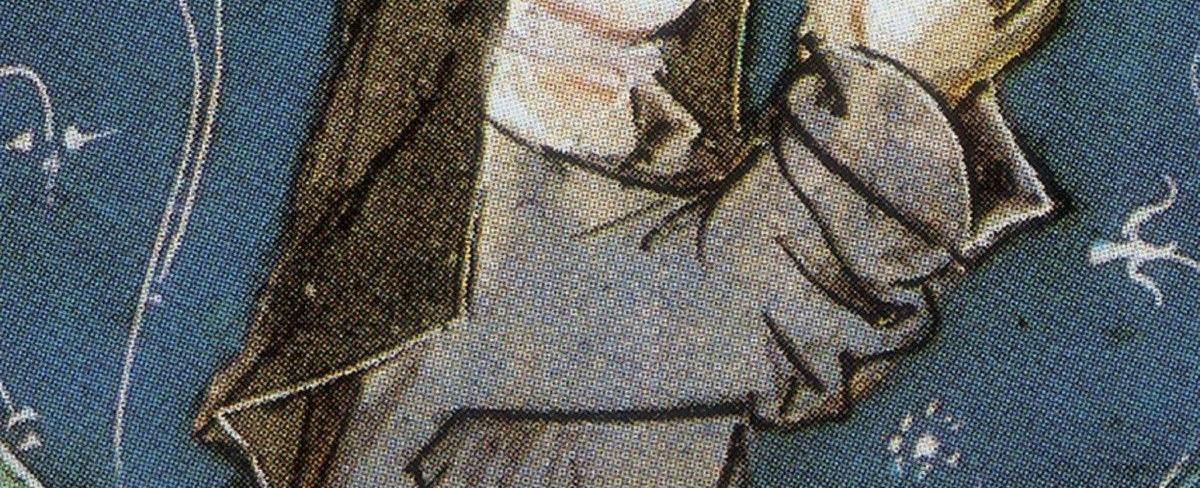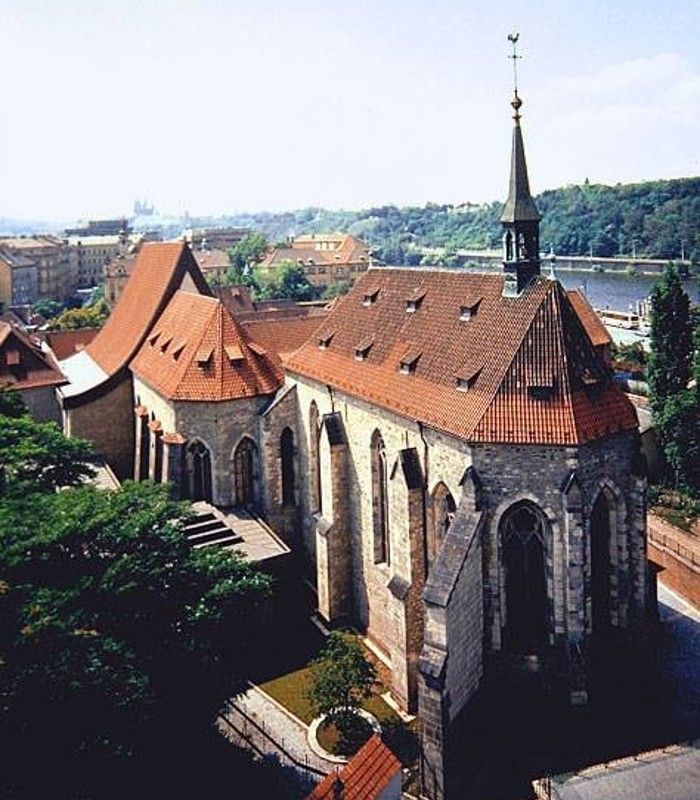Saint Agnes of Bohemia: Determined to Follow the Franciscan Life

On March 2, the Franciscan family and the people of the Czech Republic honor the memory of Saint Agnes of Bohemia (Agnes of Prague).
Devoting her life to Christ
Born in 1211, Agnes was the daughter of Ottokar I, King of Bohemia. Her mother was a Hungarian princess, making Agnes a first cousin of Saint Elizabeth of Hungary. As a princess, it seemed that Agnes would be destined to marry a foreign prince for the benefit of her country; however, after two failed attempts to arrange such a marriage, Agnes refused to be a political pawn any longer, and she felt determined to follow her own path. She turned down a marriage proposal from the Emperor Frederick II to devote her life to Christ.
Establishing a monastery
The Franciscan friars arrived in Prague in 1232, and Agnes was soon attracted to their preaching and values. Supported by her brother, King Wenceslaus (Vaclav), she built a church and friary and then a hospital that she endowed with her dowry. She also invited Poor Clare sisters from Italy to establish a monastery as part of the same complex, which she herself entered in 1234.

Overview of a portion of the convent of Saint Agnes and complex in Prague
Corresponding with Clare of Assisi
This radical decision inspired Saint Clare to begin a correspondence with Agnes that endured for two decades. These letters reveal Agnes’s determination to follow Clare’s vision of Franciscan life rather than the one being imposed by church authorities. Unfortunately, we possess only four letters of Clare to Agnes and not those of Agnes to Clare.

Gate of the complex of Saint Agnes Convent in Prague
Inspiring the “Velvet Revolution” in Czech Republic
Agnes, as abbess of the monastery, continued to care for the sick and lepers and led her community in Prague until her death in 1282. Pope John Paul II canonized Agnes in 1989, a decision that sparked Czech national pride, helping to inspire the “Velvet Revolution” that led to the collapse of the authoritarian Communist regime in her homeland.

Saint Agnes cares for a sick man in this 15th-century Bohemian painting.
Wisdom of Clare to Agnes
During this Lent, let us keep in mind Clare’s words to Agnes:
What you hold, may you [always] hold. What you do, may you [always] do and never abandon. But with swift pace, light step, and unswerving feet. . . go forward securely, joyfully, and swiftly, on the path of prudent happiness, believing nothing, agreeing with nothing which would dissuade you from this resolution or which would place a stumbling block for you on the way, so that you may offer your vows to the Most High in the pursuit of that perfection to which the Spirit of the Lord has called you.

Chapel of St. Francis in Prague

Interior of Chapel of St. Francis in Prague
Dominic Monti, OFM
Professor of Franciscan Research in the Franciscan Institute of St. Bonaventure University
Dominic V. Monti, OFM, is a Franciscan Friar of Holy Name Province (USA) and currently professor of Franciscan Research in the Franciscan Institute of St. Bonaventure University. He devoted the greater part of his ministry to teaching the History of Christianity, in particular the history of the Franciscan movement. He has contributed two volumes to the Works of St. Bonaventure series and is author of Francis & His Brothers, a popular history of the Friars Minor.

